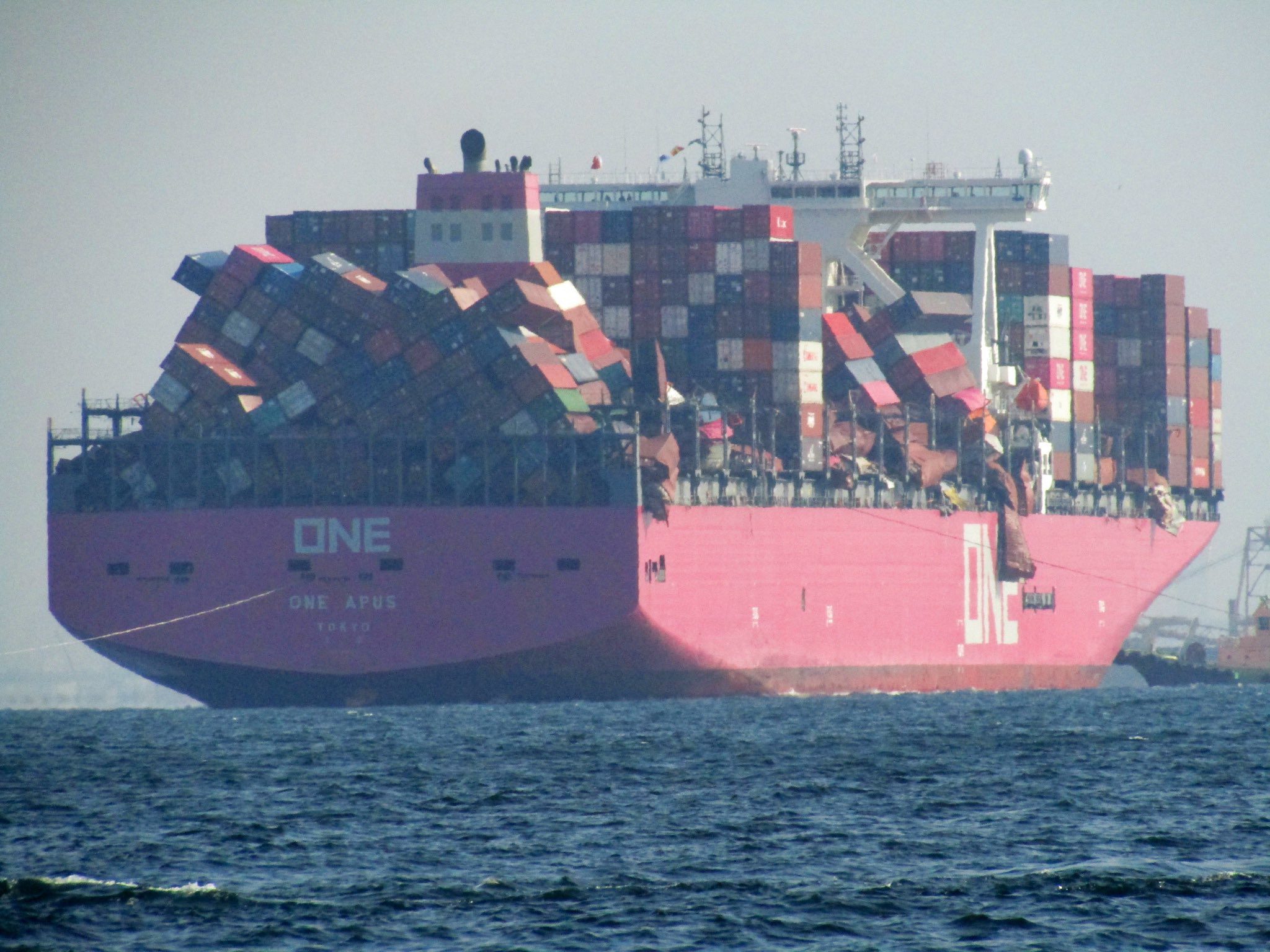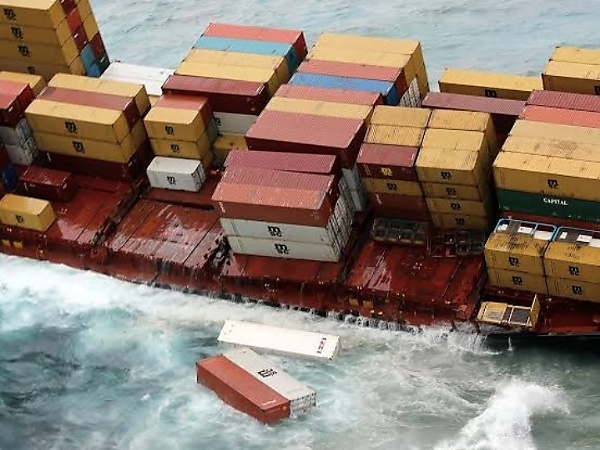A comprehensive report by the World Shipping Council (WSC), titled ‘Containers Lost at Sea Report covering 2020-2021’, highlights a concerning trend in maritime shipping: the loss of 3,113 shipping containers during this period.
This figure is part of a broader trend revealed by the report, indicating an increase in the annual number of lost containers since the inception of WSC’s survey in 2008, with an average of 1,629 containers lost at sea per year.
The causes of these losses vary, encompassing a spectrum of factors ranging from adverse weather conditions and rough seas to more severe incidents such as ship groundings and collisions.
Despite the stringent safety protocols and design specifications of container vessels aimed at ensuring the secure transportation of goods, the rising number of lost containers underscores the importance of continued vigilance and improvement in safety measures within the industry.

John Butler, President & CEO of the World Shipping Council, emphasizes the industry’s ongoing commitment to minimizing container losses, stating, “The liner shipping industry’s goal remains to keep the loss of containers as close to zero as possible.”
Acknowledging the need for collective efforts from stakeholders, including governments, Butler affirms the industry’s dedication to identifying the underlying causes behind these losses and implementing effective measures to enhance safety standards.
WSC, representing members who collectively operate 90 percent of the global liner shipping capacity, underscores the critical role played by container and roll-on-roll-off (roro) carriers in facilitating the transportation of essential goods such as food, medicines, electronics, vehicles, and heavy machinery.
According to the WSC report, in 2021, international liner carriers managed a fleet of 6,300 ships, successfully delivering vital supplies valued at $7 trillion in approximately 241 million containers over the course of the year. This highlights the indispensable role of the maritime shipping industry in global trade and supply chain logistics.

